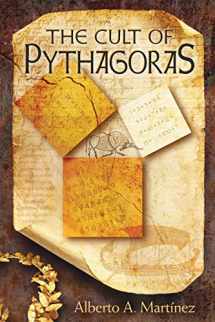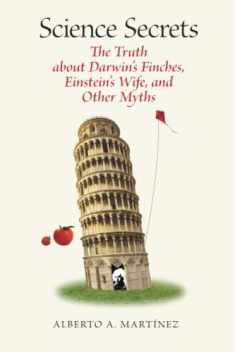
The Cult of Pythagoras: Math and Myths
Book details
Summary
Description
In this follow-up to his popular Science Secrets, Alberto A. Martínez discusses various popular myths from the history of mathematics: that Pythagoras proved the hypotenuse theorem, that Archimedes figured out how to test the purity of a gold crown while he was in a bathtub, that the Golden Ratio is in nature and ancient architecture, that the young Galois created group theory the night before the pistol duel that killed him, and more. Some stories are partly true, others are entirely false, but all show the power of invention in history. Pythagoras emerges as a symbol of the urge to conjecture and “fill in the gaps” of history. He has been credited with fundamental discoveries in mathematics and the sciences, yet there is nearly no evidence that he really contributed anything to such fields at all. This book asks: how does history change when we subtract the many small exaggerations and interpolations that writers have added for over two thousand years?
The Cult of Pythagoras is also about invention in a positive sense. Most people view mathematical breakthroughs as “discoveries” rather than invention or creativity, believing that mathematics describes a realm of eternal ideas. But mathematicians have disagreed about what is possible and impossible, about what counts as a proof, and even about the results of certain operations. Was there ever invention in the history of concepts such as zero, negative numbers, imaginary numbers, quaternions, infinity, and infinitesimals?
Martínez inspects a wealth of primary sources, in several languages, over a span of many centuries. By exploring disagreements and ambiguities in the history of the elements of mathematics, The Cult of Pythagoras dispels myths that obscure the actual origins of mathematical concepts. Martínez argues that an accurate history that analyzes myths reveals neglected aspects of mathematics that can encourage creativity in students and mathematicians.


We would LOVE it if you could help us and other readers by reviewing the book
Book review




